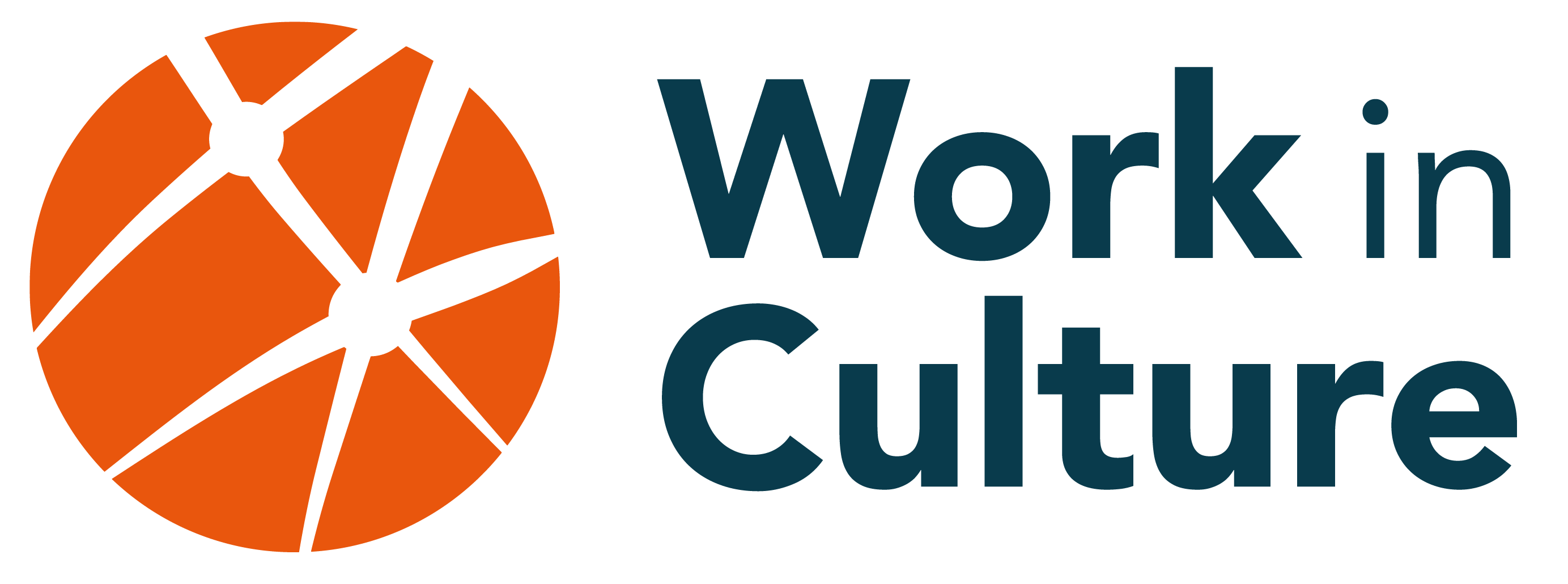
Build your career in the arts, culture and creative industries with Work in Culture
Latest Jobs and Opportunities
Programs and Skills Development
News and Events
-
Initial Insights from Exploring 10 Years of Job Board Data
What trends are emerging in the landscape of arts and culture job posts? We have been working with researchers from Toronto Metropolitan University and McGill University to explore trends in Work in Culture Job Board postings from over the past 10 years, and we’re excited to share some of the initial insights with you!
-
Work in Culture is Creating WIL Opportunities in the Arts with the Business + Higher Education Roundtable
We are pleased to share that we are working in partnership with the Business + Higher Education Roundtable, and with support from the Government of Canada, to help create work-integrated learning, or WIL, opportunities in the arts for post-secondary students.
-
FUTURE OF WORK: A New Suite of HR Tools for Canada’s Creative Community
Music Publishers Canada and Work in Culture are proud to present Future of Work, a suite of practical HR tools to help support talent acquisition, retention, and DEI for arts and culture organizations and companies of all sizes.
-
Announcing a New Partnership with Substrakt on Digital Skills Training for the Arts
We are excited to announce that we have partnered with Substrakt, a digital agency who specialize in the arts and culture sector, to bring their digital expertise to the Work in Culture community.



